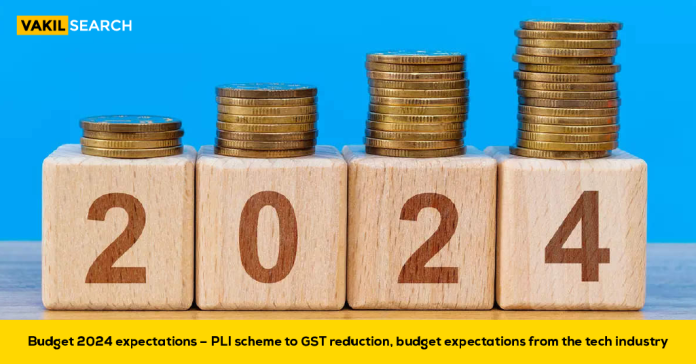The Budget 2024, set to be presented by Finance Minister Nirmala Sitharaman on July 23, has the tech and electronics industry buzzing with anticipation. From a push for localisation to GST reductions, the sector has high hopes for the upcoming budget.
In recent years, the Indian government has championed electronics manufacturing with initiatives like Make in India and the Production Linked Incentive (PLI) scheme. As Budget 2024 approaches, industry leaders are outlining their key expectations.
Key Budget Expectations for Tech and Electronics
Last year, the government reduced taxes on essential smartphone components, such as camera lenses and lithium-ion batteries. This move aimed to boost smartphone production and lower costs. Both companies and consumers are hoping for similar incentives this year.
The PLI scheme has significantly boosted domestic production across various sectors. Industry experts are advocating for a revamped PLI scheme to further enhance the manufacture of consumer technology products like smartphones, laptops, and wearables.
‘Guided by Aatmanirbhar Bharat, we seek government support for extensively localising component production, fostering a lucrative environment where homegrown brands can lead globally. Incentivising domestic production through tax breaks, subsidies, and R&D funding will enhance India’s manufacturing capabilities,’ said Amit Khatri, co-founder of Noise.
Boosting consumer disposable income is another priority. ‘Higher disposable incomes will lead to a promising growth impetus. We look forward to a budget that will create a stable and growth-oriented tax environment, which will help in ease of doing business, and will lead to increased economic activity and demand generation,’ said Pradeep Bakshi, CEO of Voltas.
Simplified GST rules and reduced GST rates are also on the wishlist. TV manufacturers, for instance, hope for a reduced GST rate on TVs larger than 32 inches. ‘One expected move is reducing the GST rate on LED TVs larger than 32 inches from 28% to 18%. This change aims to boost consumer spending in the electronics sector. Expanding PLI schemes to include smart TVs, refrigerators, and washing machines is also important for market growth and improving manufacturing capabilities,’ said Avneet Singh Marwah, CEO of Super Plastronics.
Additionally, companies are calling for antidumping duties to ensure fair competition with international players, particularly from China. ‘While the government has made significant strides in supporting Indian manufacturers through initiatives like the ‘Made in India’ campaign and the PLI scheme, there is a pressing need to level the competitive playing field. Anticipations include measures such as antidumping duties to ensure fair competition against Chinese and other international companies in the industry,’ said Imran Kagalwala, co-founder of UNIX India.
As the Budget 2024 presentation draws near, the tech and electronics industry eagerly awaits measures that will drive growth, innovation, and competitiveness in the sector.



